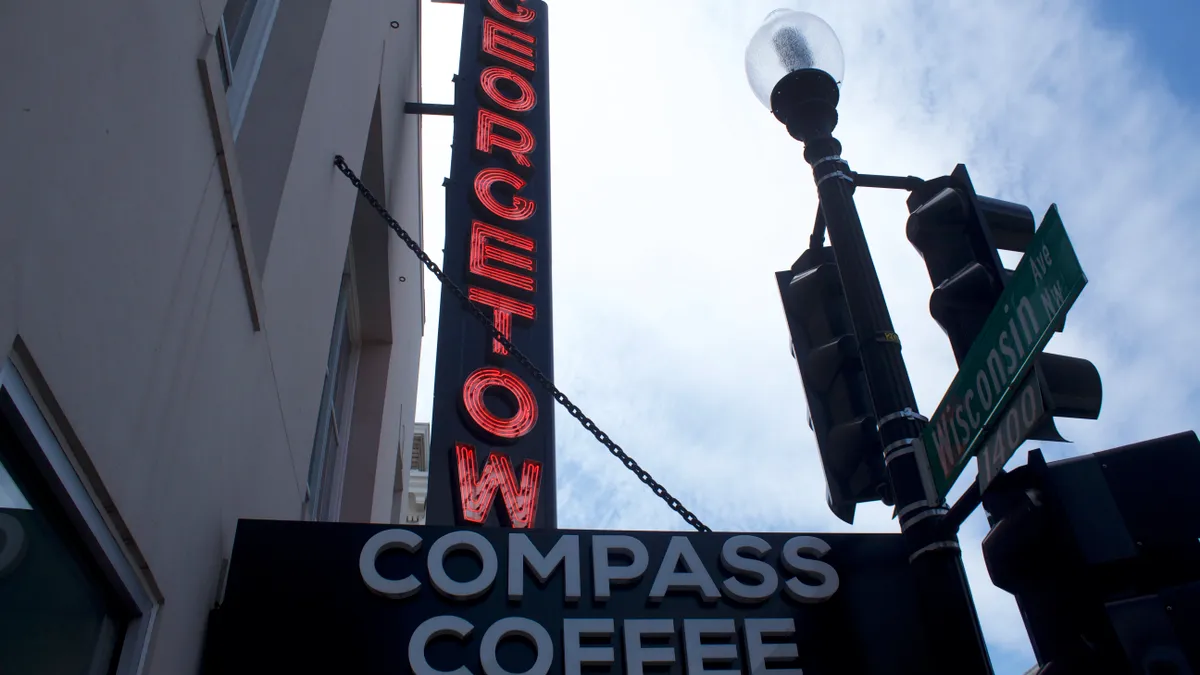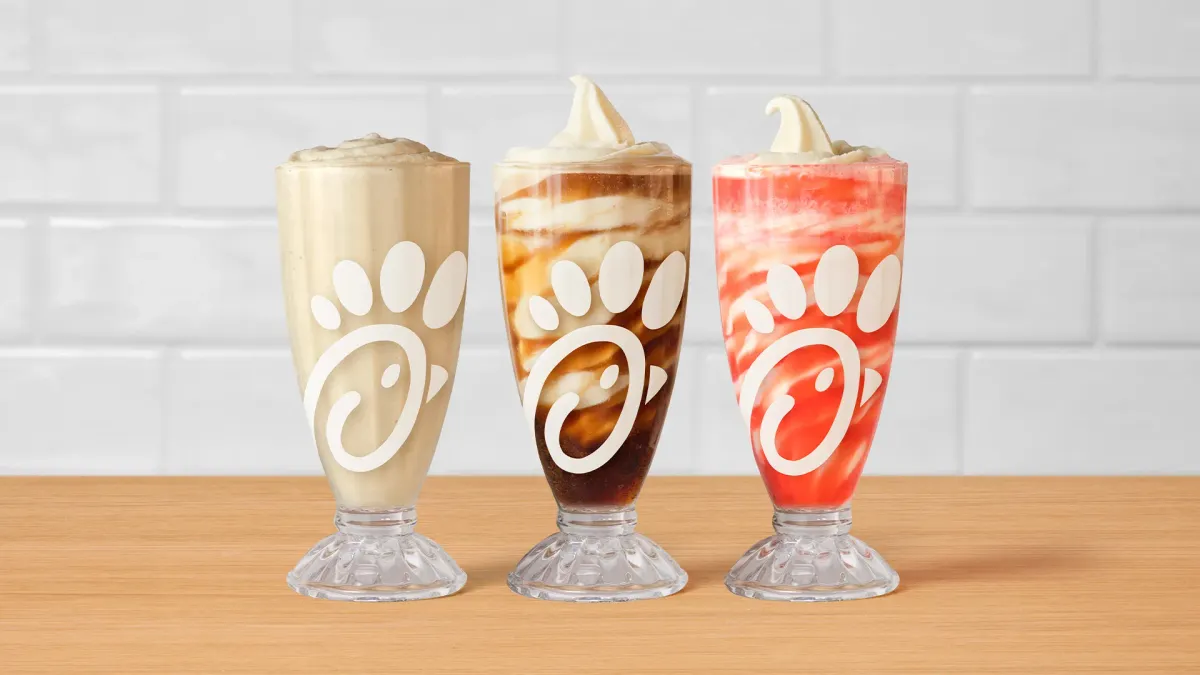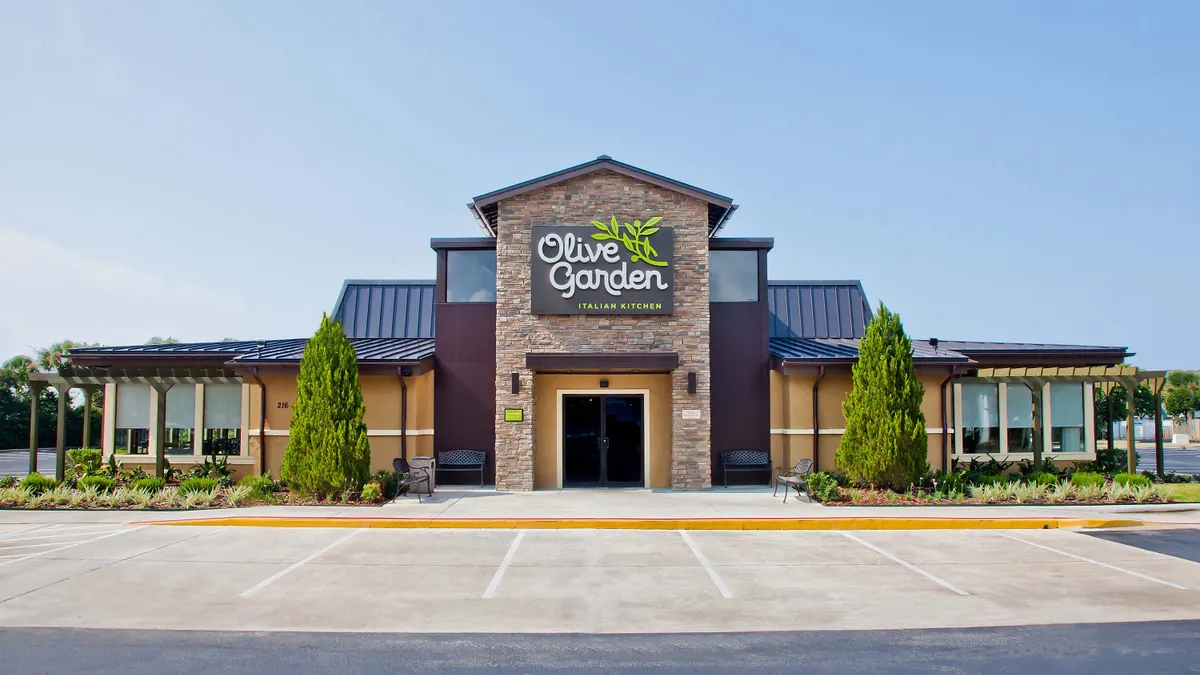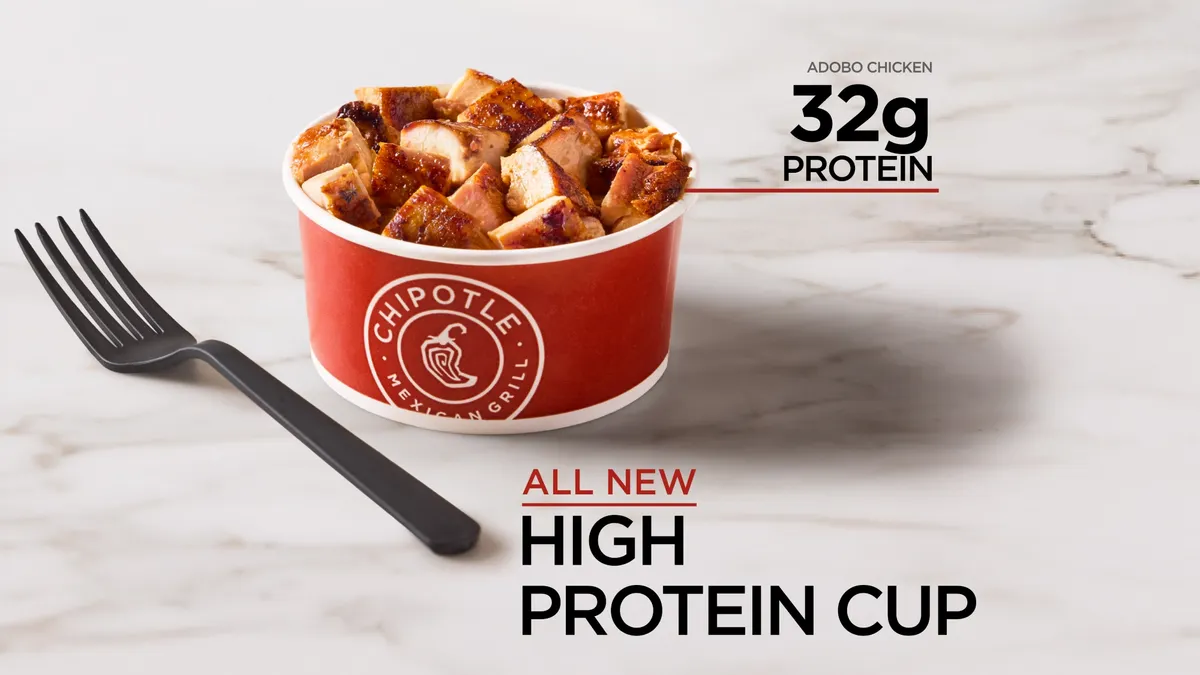While restaurants are increasingly turning to catering to boost revenue, the channel can come with many challenges. Driver shortages, overburdened employees and staff who are unqualified to handle and sell large orders can stifle a restaurant’s catering business before it gets off the ground.
"Catering sales is a different beast from selling any other product," CoreLife Eatery director of catering and off-premise business Nicole Jackson said during a CaterUp presentation in April. "You're not selling a product. You’re selling an experience."
Finding the right people to build up catering is a top focus for restaurants, especially since catering can drive significant sales boosts, more so than small order delivery, in a short amount of time. Red Robin, for example, saw catering grow to $11 million in 2018 compared to $1 million in sales in 2017.
While it depends on the concept and how far a sales rep can travel, P.F. Chang’s vice president of catering Sandy McElfresh said during a CaterUp panel that it's not unrealistic for an individual catering sales rep to generate a million dollars in sales.
"Catering sales is a different beast from selling any other product. You're not selling a product. You're selling an experience."

Nicole Jackson
Director of Catering and Off-Premise Business, CoreLife Eatery
Thirty-four percent of restaurant leaders said in study by Technomic and ezCater that they are investing in hiring people for catering, more than any other area of operations. At the same time 34% said the biggest challenges with catering is hiring staff, while 35% said training staff is a challenge.
Restaurants tempted to use existing operations staff will soon face even more challenges that could greatly impact in-store operations. Extending in-store staff too much often results in missing items, incorrect orders or not delivering on time, panelists said.
"If you have folks based in operations and hold them to sales metrics, that doesn’t always hold the best results," Jackson said.
Instead, restaurants need to think about hiring a dedicated person in sales who can be focused on driving catering revenue, she said.
Hiring and retaining high-value sales personnel
While it is possible to grow catering without a sales team, panelists agreed that they are a must to scale catering over time. But restaurants can't just hire operations staff who happen to be good at sales. A good catering sales rep needs to have a strong sales background and also understand the brand and that catering is a different kind of sales job.
"I can train them on food," Villa Restaurant Group vice president of catering and franchise Stephanie Beamer said during a CaterUp panel. "I need sales."
When she hired a Las Vegas catering sales person for her restaurant group a few years ago, sales went from zero to over $240,000 in over six months.
"You don't want turnover with catering sales. With that turnover comes a relationship turnover ... Turnover will mean loss."

Nicole Jackson
Director of Catering and Off-premise Business, CoreLife Eatery
A successful catering sales rep will understand their business clients and how to generate repeat business, making sure that their orders are accurate and on time — two of the biggest sticking points for clients. A CaterUp panel of business catering clients said that catered lunches are becoming not just an important retention tool for existing employees, but also a sales tool that they can use with their clients. So having orders come in late or inaccurate can hurt their own business.
Once a restaurant gets that high-value sales professional, retention is key, especially to help maintain ongoing relationships with customers. A client connected with a sales person will spend 40% more over time, Jackson said.
"You want to maintain that person," Jackson said. "You don't want turnover with catering sales. With that turnover comes a relationship turnover … Organizations are full of people connected to your sales manager. Turnover will mean loss."
Catering sales managers need to have base salaries north of $55,000 to attract a good sales manager, Act III Holdings operating partner, off-premise sales Jim Rand said during a CaterUp panel. Restaurants can't look at a sales manager and pay them the same way as an assistant restaurant manager, he said. Comparatively, salaries for assistant managers average $40,000.
Investing in a call center
Aside from a catering sales manager, having a call center either within the organization or through an external partner is also imperative to a restaurant’s catering operations. Many operators just aren’t equipped and available to handle catering calls, said panelists.
"Let the operators do what the operators do best, which is make the food and get it out and execute it to a high level," Corner Bakery director of off-premise business development Ed Keller said while on a panel at CaterUp. "Don't make them answer the phone and be a sales person and put people on hold."
Call centers where someone will consistently answer the phone professionally and properly trained is critical, he said. Corner Bakery partnered with an external call center where Keller was able to pick the staffing level.
Chick-fil-A is currently testing a call center following feedback from restaurant operators who said they just want to focus on taking care of in-store guests, Chick-fil-A senior catering consultant Michelle Roberts said on a panel at CaterUp.
Training call centers in the language of hospitality and the company’s culture and menu is an important part of setting up these operations, she said.
"It comes down to a ton a training," she said. "This is the first interaction a guest has with a brand."
Keeping drivers happy
As restaurants build up their sales staff, they also need to consider delivery drivers, which is an important final step to the entire process.
"If we don’t have people to take the orders, that is really going to hurt us," Jackson said.
But finding drivers isn’t always easy. As the gig economy has increased, more companies are seeking car sharing drivers and food delivery drivers.
"Drivers are tough to come by these days," CoreLife Eatery president and chief concept officer Scott Davis said during a CaterUp presentation. "Everybody is trying to find a driver. That's tough enough."
It’s even harder to find drivers with qualified driving records, he said.
That means retaining the qualified drivers is equally as important. Jackson said that tipping helps incentivize drivers and helps with retention.
"You've got to pay them a really good wage," Jason's Deli director of sales Gracie Prasanson said during a CaterUp panel. "There is a high cost to being a driver."
"Drivers are tough to come by these days. Everybody is trying to find a driver."

Scott Davis
President and Chief Concept Officer, Corelife Eatery
Drivers have high vehicle maintenance and insurance costs, Prasanson said. Paying them a good wage has paid off since some drivers have worked at Jason’s for 20 years, some of whom are making more than managers, she said.
"You’ve got to take care of your drivers. They are your one contact [who] is touching base with customers," Prasanson said.
Jackson said she tends to ask new associates at CoreLife Eatery if they would be willing to drive for catering. They go through training and the company ends up in a pool of drivers available on any given day, she said.
Villa Restaurant Group's Beamer said her company only uses third-party delivery services instead of paying for insurance and background checks.
"We pay that fee because of the cost of what it would be for our company," Beamer said. "You really need to investigate what will be best for what your situation is."



















